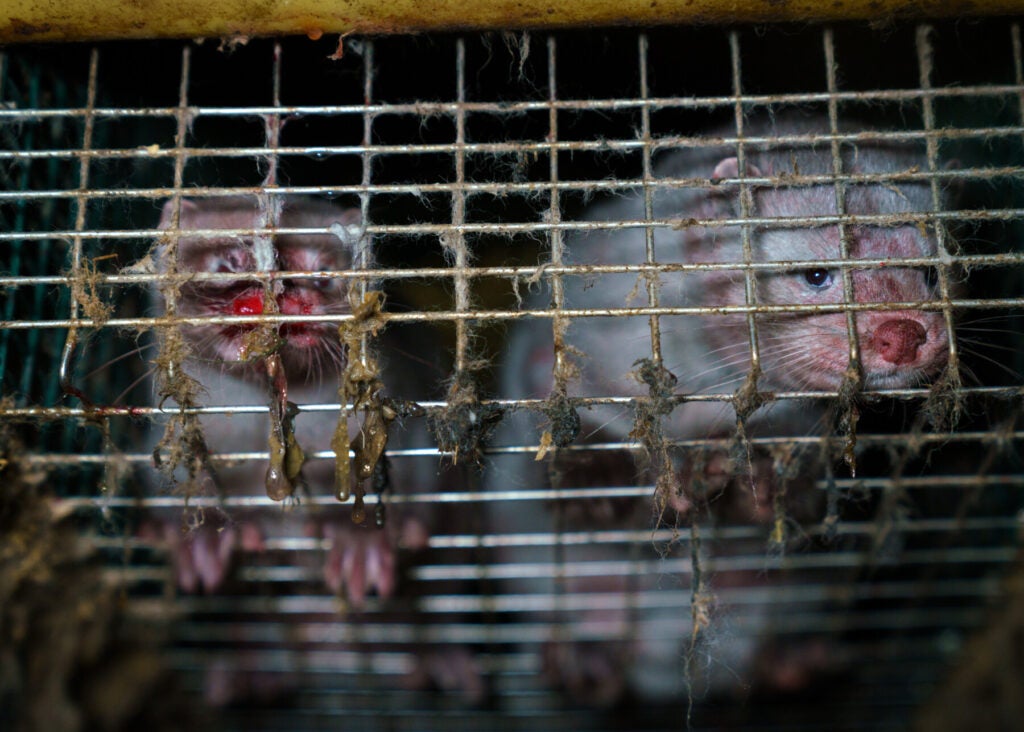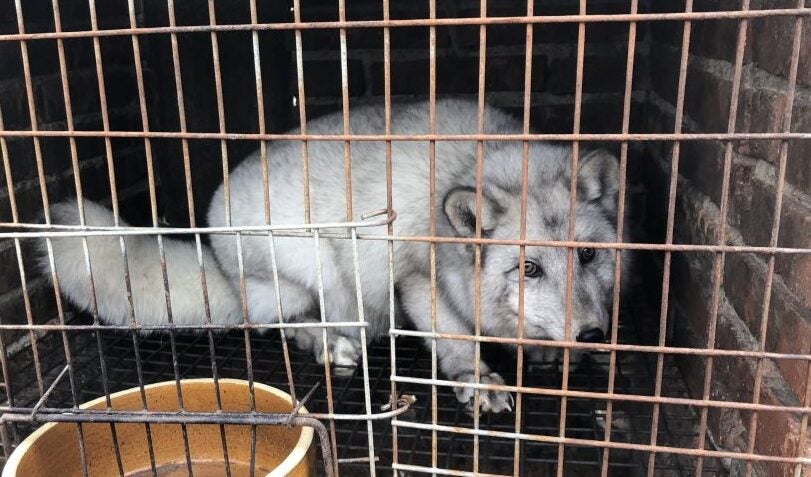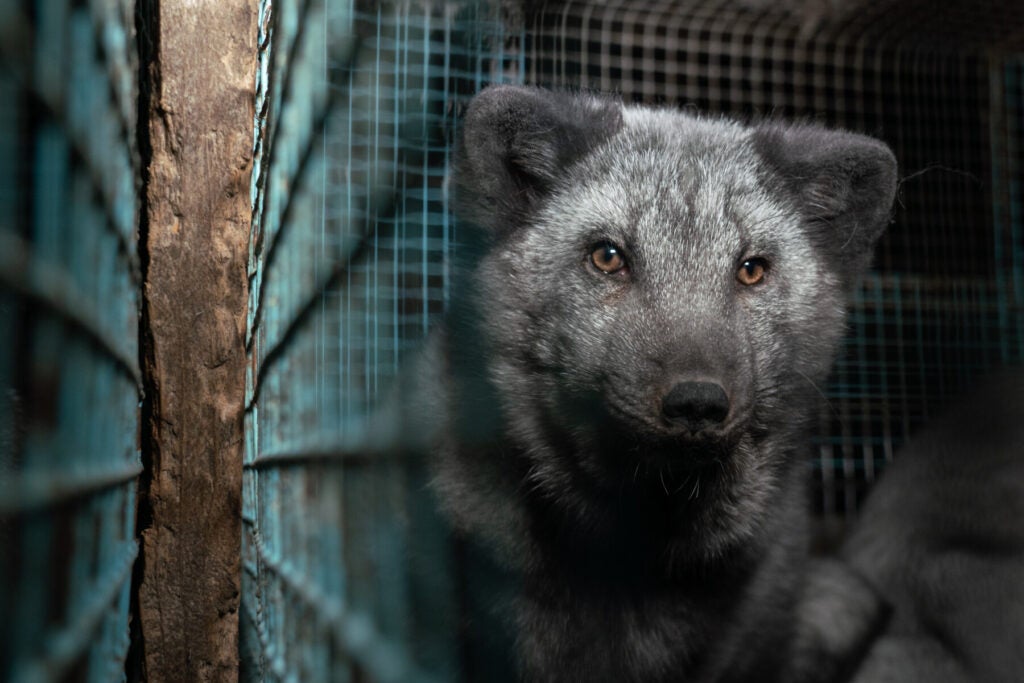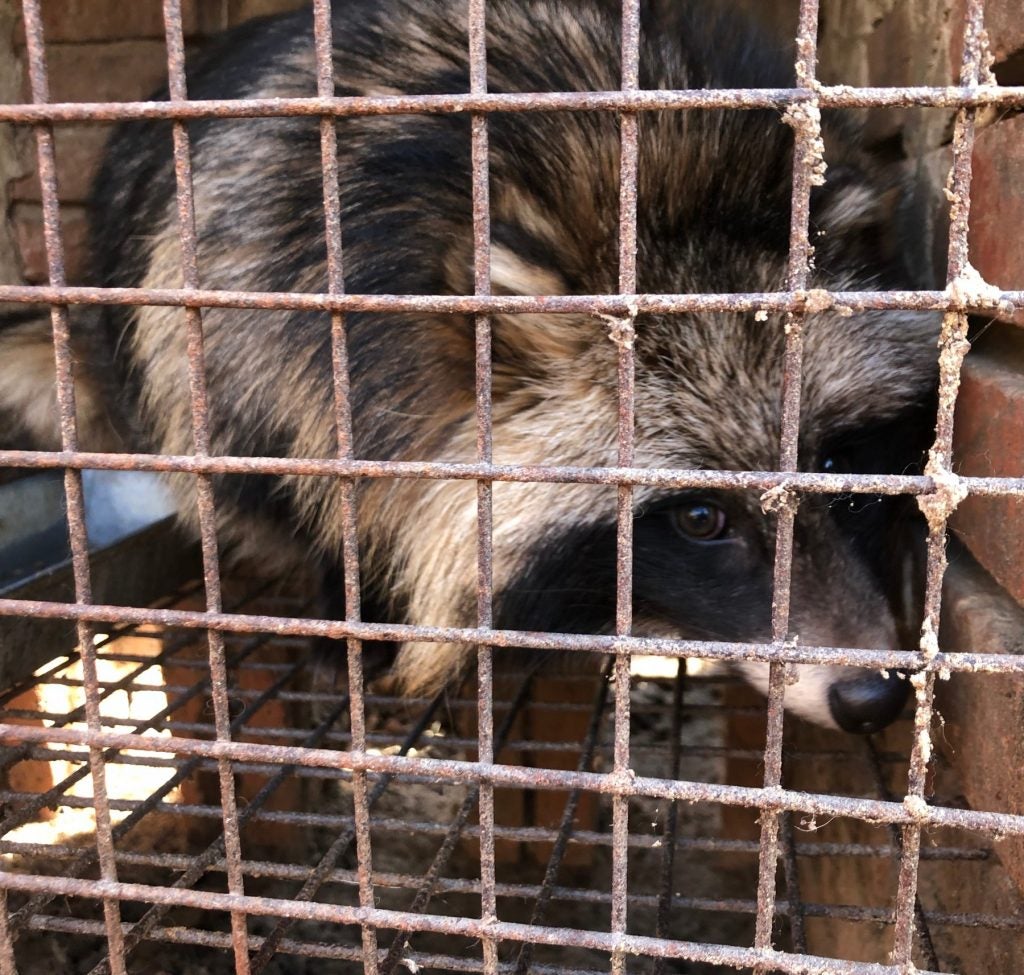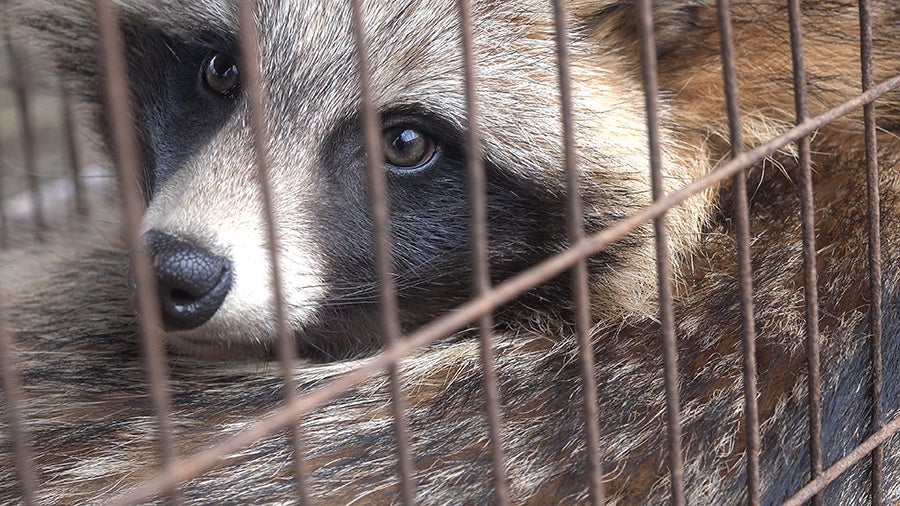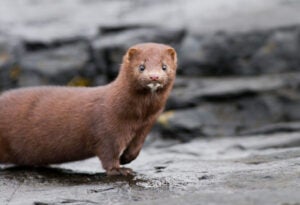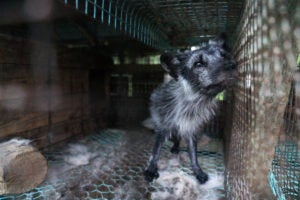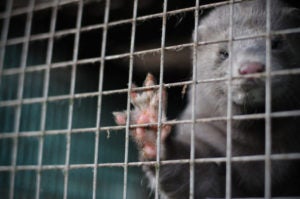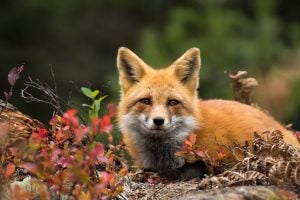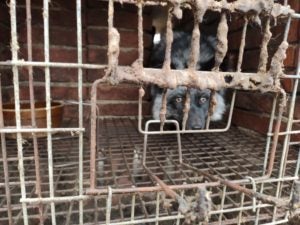A is for Accountable: The McCartney A to Z Manifesto: Spring 2021 Collection is a guiding alphabet of the values and vision of iconic British designer Stella McCartney. A is for accountable—personified by the Adrienne coat, made from repurposed #FurFreeFur, and an original piece by American artist Rashid Johnson titled ‘Accountability’. Humane Society International and the Humane Society of the United States are proud to work alongside Stella McCartney to strive for a fur free future, and we are delighted to profile the first letter of the A to Z Manifesto that so encapsulates our shared values.
A statement from Stella McCartney:
“A is for Accountable—something Humane Society International, the HSUS and Stella McCartney have very much in common, and that we both strive towards in our day-to-day work. Being accountable in this day and age is so important, and is one of the goals of the McCartney A to Z Manifesto. It is a guiding alphabet of who we are and who we hope to be, and I hope that our commitment to the values and vision contained in it will not only keep my team accountable but also have a positive impact on the fashion industry as a whole. I am so proud to have worked closely with HSI and the HSUS for many years now, and hugely admire and support their ongoing commitment and endless campaign work towards helping to prohibit the sales of fur in the fashion industry, and therefore preventing the death of millions of innocent animals.
“At Stella McCartney, we have never used leather, feathers, fur or exotic skins in our collections and we do not believe that animals should die for the sake of fashion. It is incredible to see that over the past few years countless brands, designers, leading department stores and even states and countries have woken up to the unequivocal cruelty of the fur industry and have subsequently stopped using fur in their collections, in their stores or allowing fur to be manufactured in certain areas.
“Fur has no place in any compassionate society and today its use is unnecessary and inexcusable. Plainly, fur is immoral, cruel and barbaric.
“In addition to the overwhelming ethical reasons for banning the sale of fur, evidence and research proves that fur is completely unsustainable. The fur industry is quick in trying to defend this, by saying fur is natural and therefore sustainable but of course this is false and completely misleading. There are certainly environmental implications where faux fur is concerned, however it is now produced so well that there is no reason to wear real fur. We have been working very hard at Stella McCartney to innovate sustainable solutions like KOBA® Fur Free Fur—the next generation of faux fur and the first commercially available faux fur using only bio-based ingredients, reducing energy use by up to 30 percent and greenhouse gas emissions by up to 63 percent compared to conventional synthetics.
“I urge everyone reading this to spread the word, be accountable and hold brands accountable, not only when it comes to fur, but to protecting Mother Earth. We saw during our global moment of pause that nature can heal, which should give us hope for the future—our actions can make a difference, and the time to act is now. It has never been more important.”
Take Action: Act now to ban fur sales around the globe, starting with a #FurFreeBritain, at hsi.org/furfreebritain.

